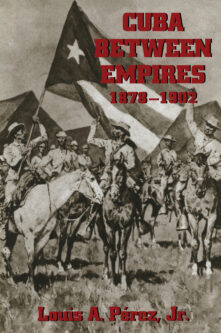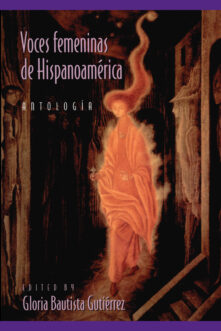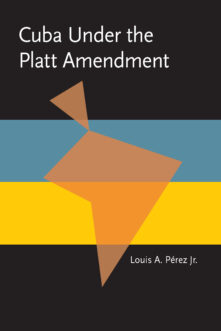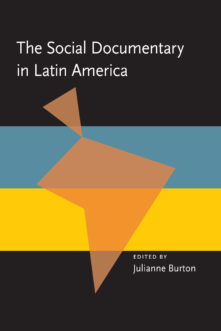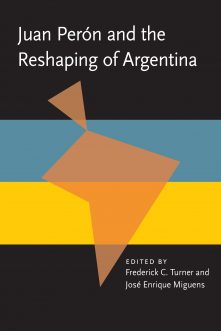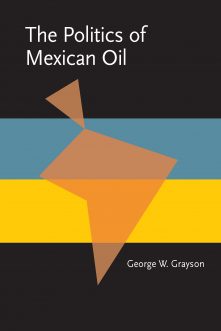Pitt Latin American Series
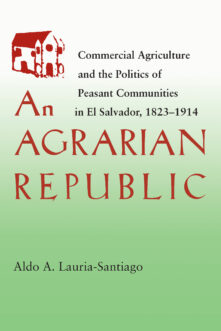

An Agrarian Republic
Commercial Agriculture and the Politics of Peasant Communities in El Salvador, 1823–1914
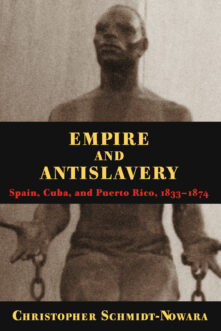

Empire And Antislavery
Spain Cuba And Puerto Rico 1833-1874
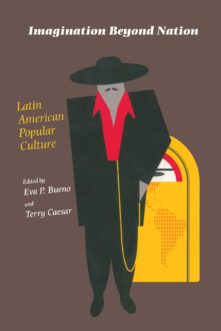

Imagination Beyond Nation
Latin American Popular Culture
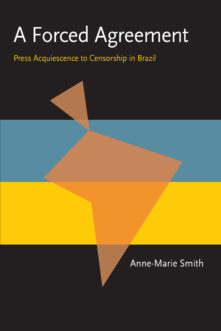

A Forced Agreement
Press Acquiescence to Censorship in Brazil
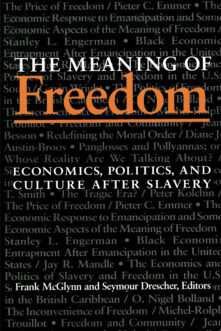

The Meaning Of Freedom
Economics, Politics, and Culture after Slavery
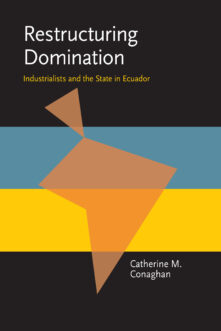

Restructuring Domination
Industrialists and the State in Ecuador
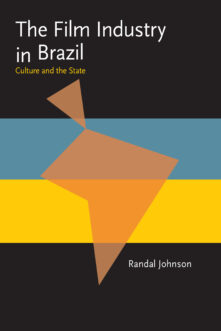

The Film Industry in Brazil
Culture and the State
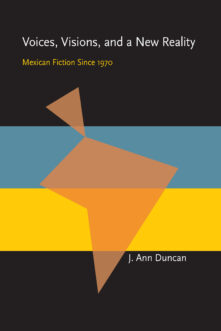

Voices, Visions, and a New Reality
Mexican Fiction Since 1970
Total 110 results found.


